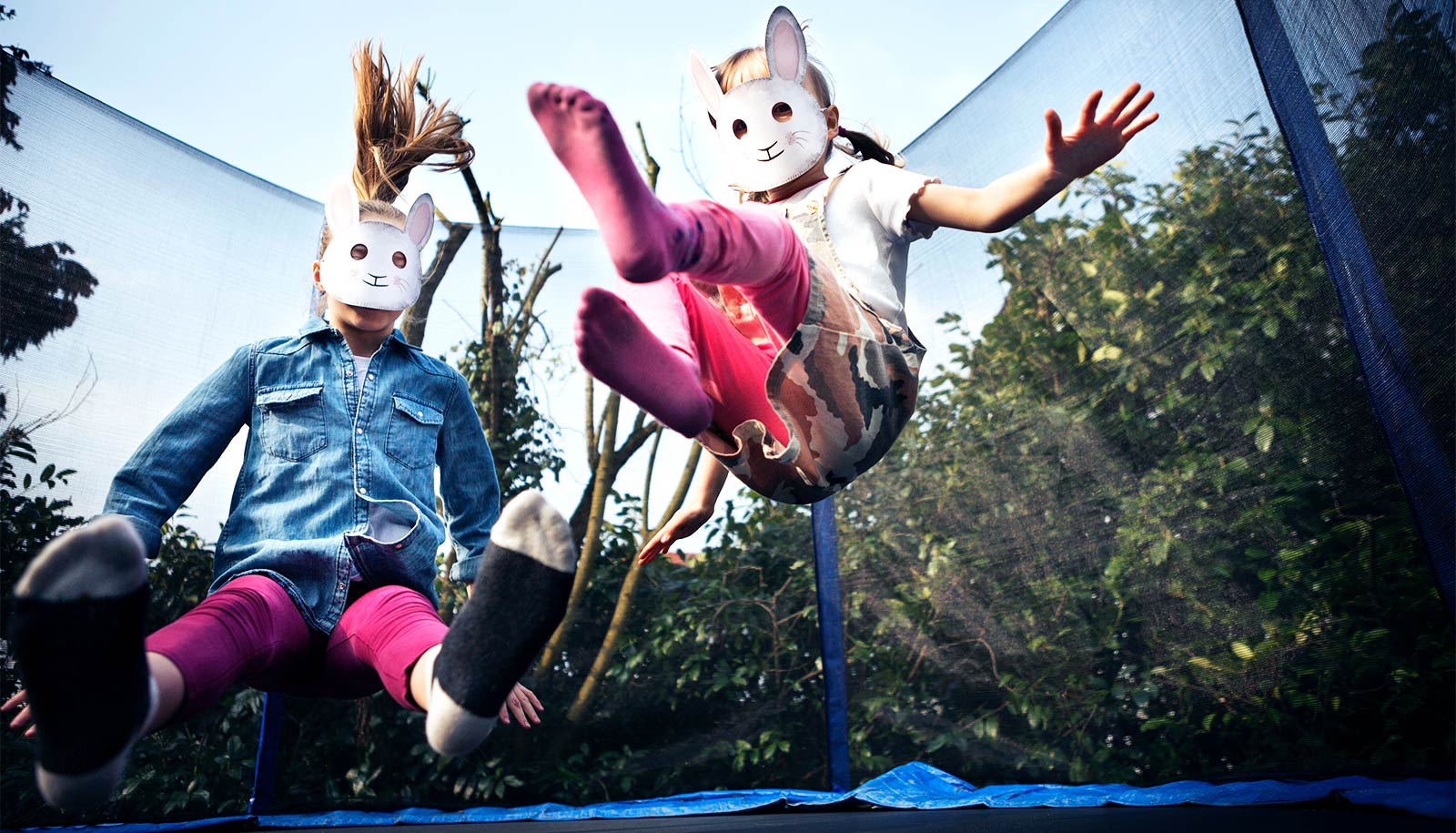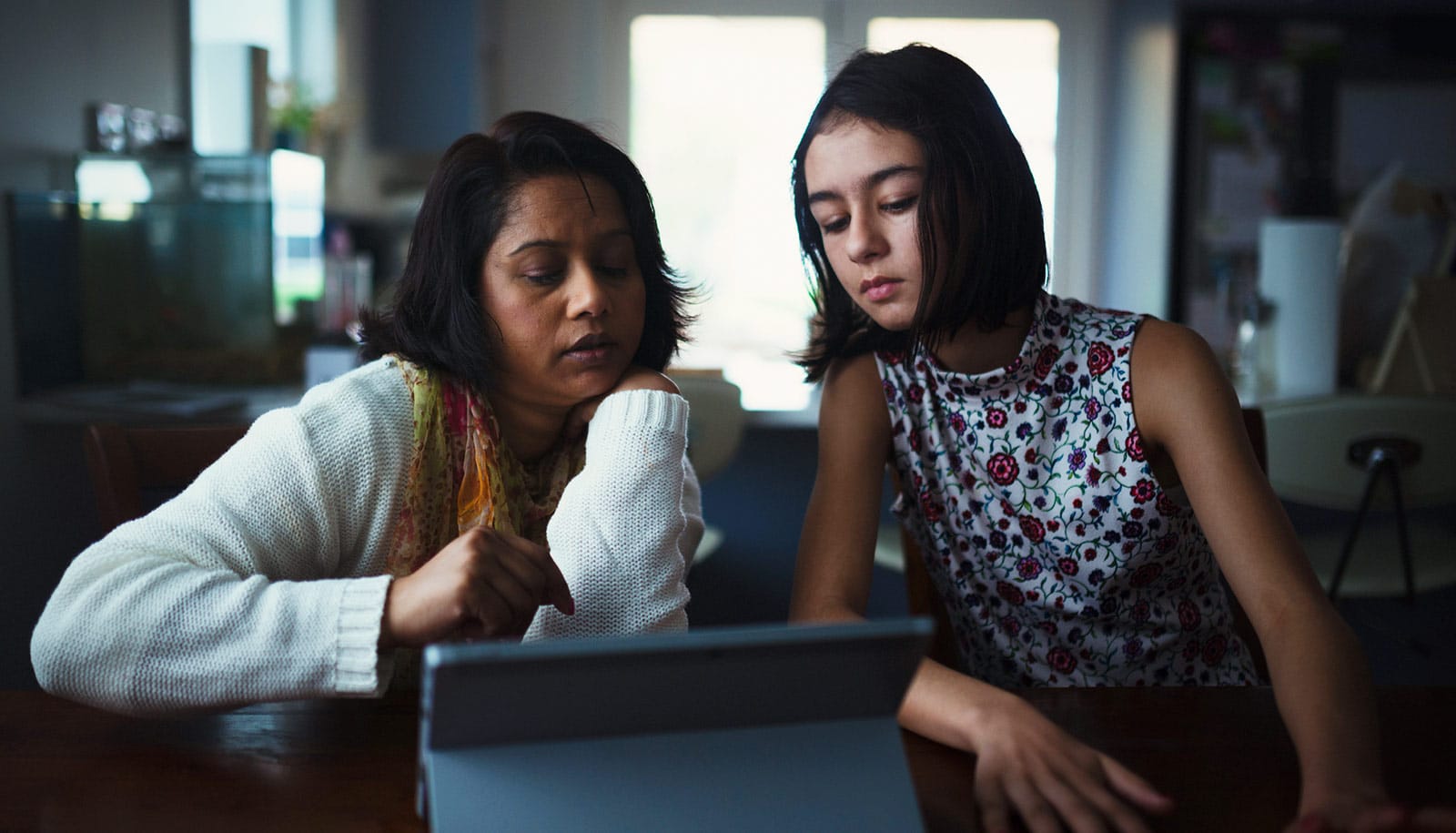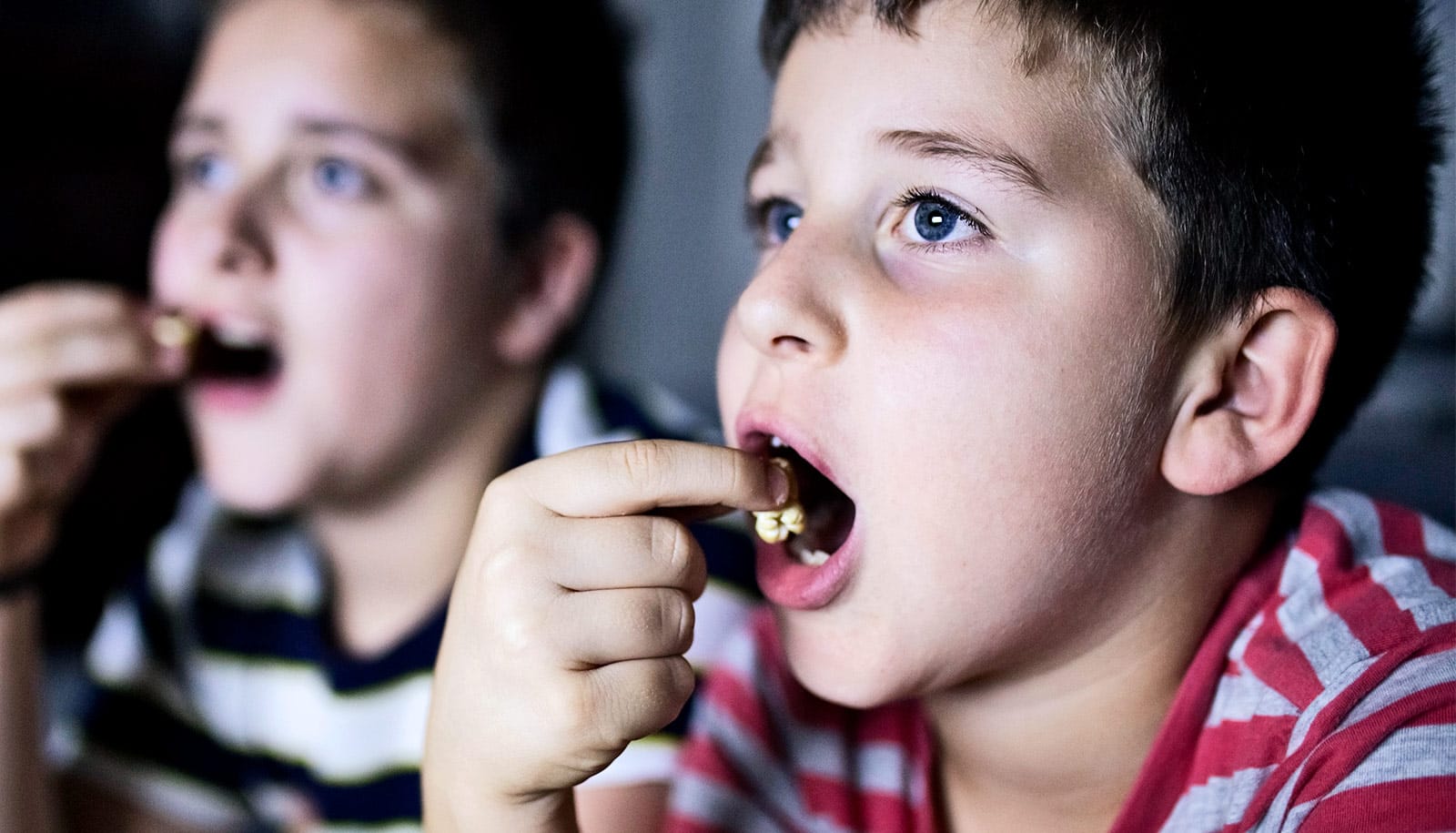With the school year drawing to a close and many camps cancelled due to COVID-19, parents are facing new challenges keeping kids at home occupied and on track.
Here, experts from Georgia State University’s College of Education and Human Development share how families can consider their child’s needs while fostering growth and connection this summer:
1. Keep your plans flexible
While structure is beneficial for kids of all ages, it’s also important to manage expectations.
“We are in a time of deep uncertainty, so making sure everyone is healthy and well is more important than sticking to a strict regimen,” says Erin Mason, assistant professor in the counseling and psychological services department.
“This is new territory for all of us. It’s really important to focus on mental health during this time. We are all dealing with [the pandemic] as a form of trauma, so families need a lot of grace, flexibility, and a shift in our expectations,” she says.
2. Try stress-reducing techniques
Mason has been researching a program called “On the Same Breath” that uses deep-breathing practices for easing stress and improving focus. Although she is studying its effectiveness in schools, Mason says families can benefit by doing the exercises together at home and making it part of their daily routine.
“This is a tool that’s very accessible—it’s something parents can do with their children,” says Mason.
3. Encourage your child’s interests
“We’re learning so much about Gen Z and Gen Alpha and who they are as learners. This may be a great time to expose young people to new learning opportunities,” says Mason.
Try hands-on activities based on your child’s interests, such as growing plants from seeds, learning to bake, or interviewing relatives to learn more about the family tree.
If your child seems glued to their devices, Mason suggests incorporating technology into rewarding activities. Friends or family members could teach younger kids a new skill over Zoom. Older kids could use technology to work for a cause that benefits the community.
4. Put kids at home to work
The pandemic means families are dealing with low-grade stress that’s always in the background, says Jeff Ashby, co-director of the Center for the Study of Stress, Trauma, and Resilience. One way to alleviate that stress is to set a flexible rhythm to the day.
“Giving kids some predictability by engaging them in household chores and things they can do to be helpful can provide a sense of stability,” he says.
5. Expect some emotional upheaval
Whatever way your child tends to react to stress, it’s likely to be exacerbated this summer.
“If kids tend to isolate, for example, that may happen even more. So this is a good time to give children a bit of a wider berth,” Ashby says.
“It’s okay to give family members an opportunity to adjust to a ‘new normal’ in ways that work best for them.”
6. Embrace boredom
Without camps or sports, kids are facing a dull summer at home. And that’s okay.
“It’s time to get creative and also remember that being bored is often a spark to children’s creativity,” says Chad Killian, assistant professor of health and physical education.
This summer is also a low-stakes time to try new things, he says, like learning a silly TikTok dance or taking up rollerblading. For kids who are highly scheduled or deeply focused on a sport or other activity, taking a break can help reduce burnout.
“It’s not a bad thing to take a couple of months off,” says Killian. “It allows time for deep rest—both mentally and physically—especially if they’ve had years and years of training. For athletes, there’s often a slingshot effect when it’s time to get back to training, and their performance can really improve.”
7. Enjoy the downtime together
Mason says this summer will be a time for families to think differently about how we usually teach and learn.
“Play is kids’ work, especially for younger kids, so keep that in mind,” says Mason. “Just because children aren’t doing a worksheet doesn’t mean they aren’t learning.”
“Families may feel sort of stuck together, but it could be a really valuable season of life to restore relationships,” says Killian. “Just because you get older, you don’t have to stop playing.”
Source: Georgia State University



